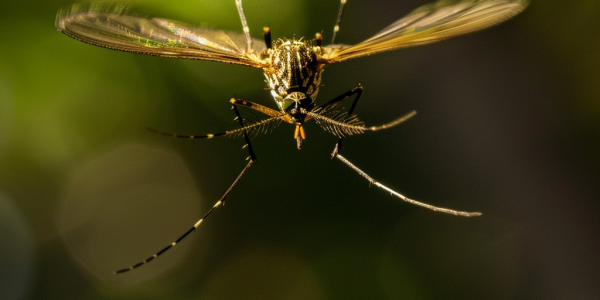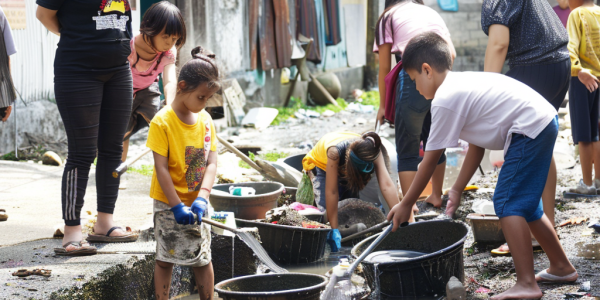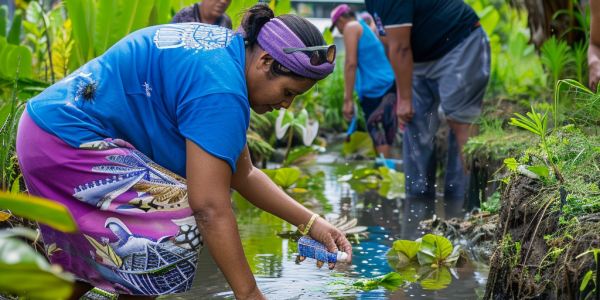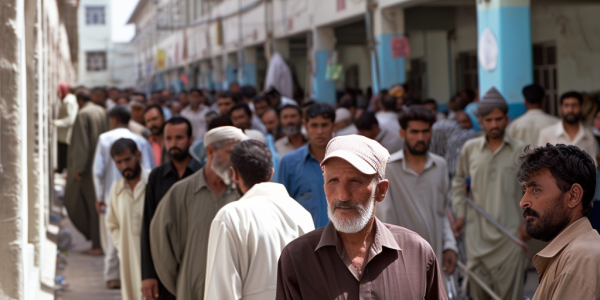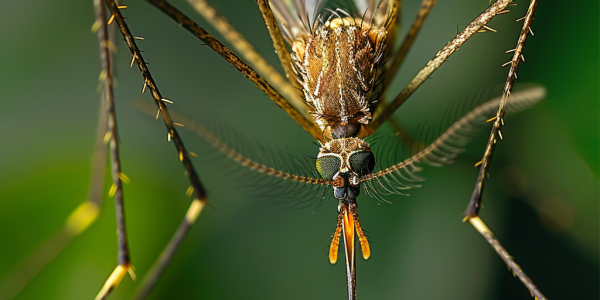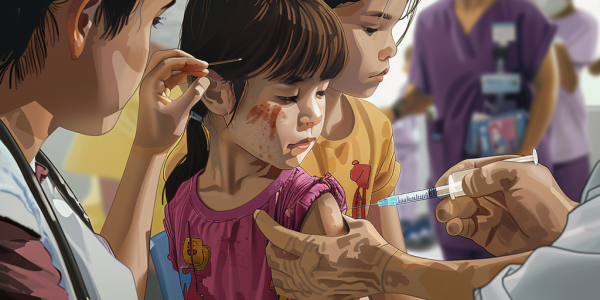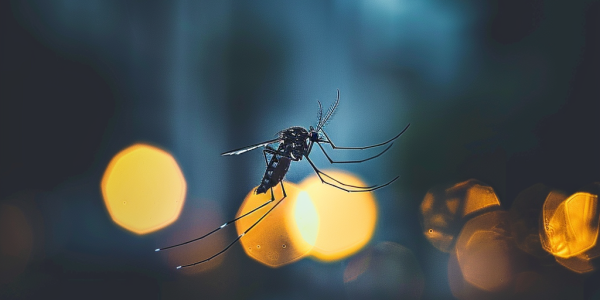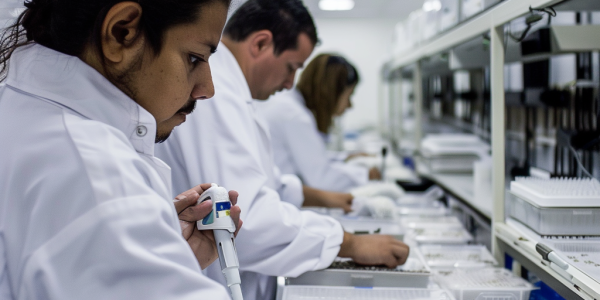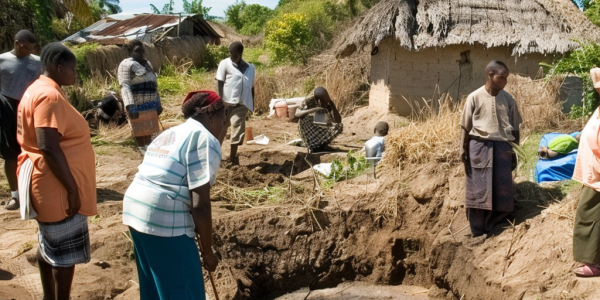Mosquito Activity Rises in New Orleans Amid Summer Season
Learn about the surge in mosquito activity in south Louisiana during the summer months, including the prevalence of mosquito-borne illnesses like West Nile virus. Discover how the New Orleans Mosquito, Termite, and Rodent Control Board is addressing the increasing mosquito numbers through fogging and larvicide treatments.
Increase in Dengue Fever Cases Reported in Malaysia
Health officials in Malaysia report an increase in dengue fever cases during the 20th epidemiological week, with two deaths attributed to the disease. The cumulative number of cases for the year has reached 59,681, with 42 reported deaths. Efforts to prevent dengue transmission are urged, especially during the current school holiday season.
Decrease in Dengue Cases in Samoa
Samoa has reported a decrease in dengue fever cases since May, but there is a rise in influenza cases. The Ministry of Health urges the public to take preventive measures like eliminating stagnant water sources and using insect repellents. Dr. Alec Ekeroma stated that if the trend continues, the dengue outbreak will be declared over soon. It is important for the public to stay vigilant and follow health recommendations to prevent mosquito-borne diseases in Samoa.
Dengue Outbreak in Turbat Leads to 14 Deaths and over 5,000 Cases
A recent dengue outbreak in Turbat has caused the deaths of 14 individuals, with over 5,000 cases reported in the Kech district of Makran division this year. Despite the alarming statistics, the health department has not yet declared an emergency in Kech district or provided sufficient treatment facilities for patients, leading to challenges for many patients. Mubarak Baloch, a patient affected by the outbreak, expressed concerns about the difficulties faced by patients in accessing proper care.
Kiwi travellers warned of rising global dengue fever cases
Kiwi travellers are being warned about the global spread of dengue fever, a potentially fatal disease with over five million cases worldwide. Europe, Germany, Brazil, and Samoa have all seen a surge in infections. Symptoms include fever, chills, headaches, and joint pain. Australian model Emily Gurr shared her costly experience with the disease, urging travellers to seek medical help if experiencing symptoms while in tropical regions.
West Nile Virus Positive Mosquitoes Detected in Clark County
Learn about the recent detection of West Nile Virus positive mosquitoes in Clark County and the launch of a safety campaign to prevent the spread of the virus. Find out how residents are reacting to the increase in mosquito activity and the presence of Aedes aegypti mosquitoes, known carriers of Zika, dengue, and chikungunya. Discover the proactive measures being taken to educate the public and reduce the health risks associated with mosquito-borne diseases.
WHO Prequalifies TAK-003: New Dengue Vaccine Marks Major Breakthrough
The World Health Organization (WHO) prequalified the innovative TAK-003 dengue vaccine, designed for children aged 6-16 in high-prevalence regions. With a two-dose regimen, TAK-003 joins the WHO list alongside CYD-TDV, expanding global vaccine accessibility. Dengue, a significant public health threat, affects millions annually, highlighting the importance of advancements in vaccine development.
China Raises Concerns about Increasing Spread of Dengue Fever
Health authorities in China are concerned about the increasing spread of dengue fever, a potentially fatal viral illness transmitted by mosquitoes. With a surge of cases in Latin America and an early cluster in Guangdong province, experts warn of the challenges in disease control. Dengue, primarily transmitted by Aedes mosquitoes, peaks in China from May to November. As warmer weather approaches, preventative measures such as eliminating stagnant water are crucial to reducing the risk of dengue transmission.
Brazil Unveils Wolbachia Biofactory to Combat Dengue
The Ministry of Health, in collaboration with Fiocruz, unveiled the Wolbachia Biofactory in Belo Horizonte to combat dengue and other arboviruses. The facility will produce Aedes aegypti mosquitoes using the Wolbachia Method, playing a crucial role in preparing for future epidemics. Managed by Fiocruz and WMP, the Biofactory aims to release two million mosquitoes weekly to create a population incapable of transmitting diseases. This innovative strategy involves releasing Wolbachia-carrying mosquitoes to prevent the transmission of dengue, Zika, and chikungunya viruses.
Climate Change Amplifying Risk of Malaria Resurgence, Say Specialists
Climate change is amplifying the risk of a resurgence of malaria, with changing weather patterns creating a more favorable environment for mosquitoes to thrive. The surge in malaria cases in Mozambique’s Manica province highlights the ongoing threat posed by this disease, exacerbated by the impact of extreme weather events and food insecurity. As climate change drives environmental changes, the risk of mosquito-borne infections is expected to escalate, emphasizing the need for a comprehensive approach to disease control and prevention.

